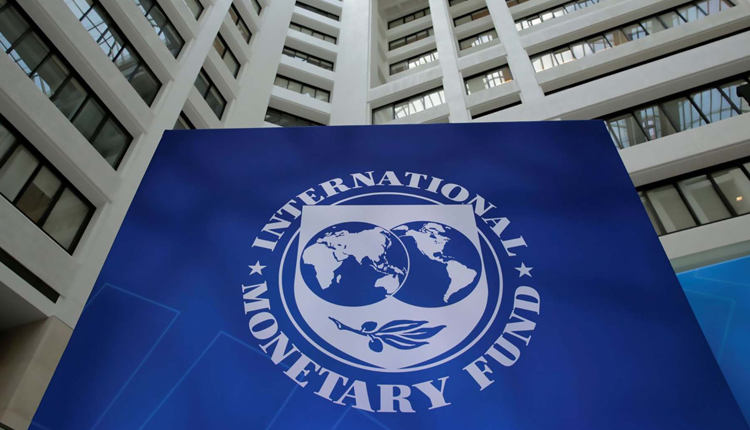The International Monetary Fund maintained a favourable outlook for Egypt’s economy in its third major review of the country’s loan programme released on Thursday.
The Washington-based fund warned against the risks of rising fuel prices and an investor exit from emerging markets.
The three-year $12 billion loan programme agreed in late 2016 and aimed at drawing back investors that fled after its 2011 uprising has obliged Egypt to undertake tough reforms such as slashing energy subsidies, imposing new taxes, and floating its pound currency.
The fund maintained its previous 5.5 percent projection for Egypt’s GDP growth in the 2018-2019 fiscal year, supported by a recovery in tourism and rising natural gas production.
“The economic situation has continued to improve during 2018. Strong programme implementation and generally positive performance has been instrumental in achieving macroeconomic stabilisation, with external and fiscal deficits narrowing, inflation, and unemployment declining, and growth accelerating.” IMF First Deputy Managing Director David Lipton said.
“The near-term growth outlook is favorable, supported by a recovery in tourism and rising natural gas production, while the current account deficit is expected to remain below 3 percent of GDP and the public debt ratio to decline markedly by 2023.”
The country raked in $2.27 billion dollars in tourism revenues in the quarter from January-March, the latest available data from the central bank showed.
The fund said that should help Egypt reduce its overall current account deficit to 2.6 percent in 2018-2019, down from a previous projection of 4 percent.
The IMF estimated that Egypt would face a financing gap of $1 billion for the year, which it could plug through either a Eurobond or its own reserves, suggesting that Egypt could tap international markets again this year.
It said external debt was likely to rise to $91.5 billion from a previous projection of $85.2 billion in its second review.
Inflation has soared in the import-dependent country after it floated its currency in late 2016, hitting over 30 percent last year, but price rises have cooled in recent months.
Recent IMF-backed cuts to energy subsidies have pushed inflation back up however, to 14.4 percent in June from 11.4 percent in May.
The fund expects average inflation for the 2018-2019 fiscal year to be 14.4 percent, and urged tight monetary policy to keep a lid on prices.
“The Central Bank of Egypt should maintain its restrictive stance to contain second-round effects of fuel and electricity price increases, with future policy changes guided by inflation expectations and demand pressures,” Lipton said.
Egypt’s fuel subsidy bill is expected to account for 2.1 percent of GDP in the 2018-2019 fiscal year, the report said, up from a previous estimate of 1.2 percent on the back of higher global fuel prices.
Foreign investment in Egypt’s equity and debt markets reached has record highs since the country embarked on the reforms, though foreign direct investment outside the energy sector has remained sluggish.
The IMF warned that a general pullback from emerging markets by investors presents a risk, but said Egypt is “well-positioned” to weather any outflows due to healthy foreign reserves, which hit $44.258 billion at the end of the 2017-2018 financial year.


